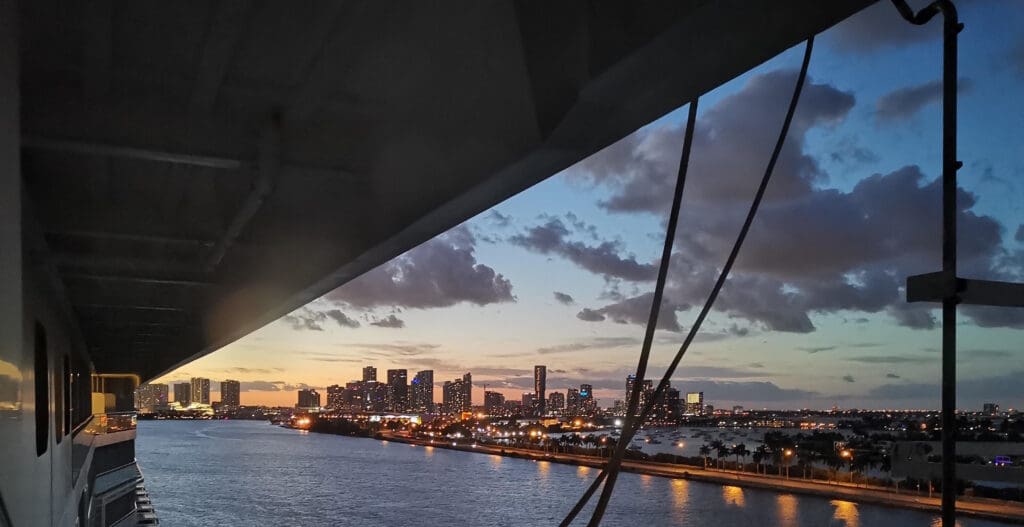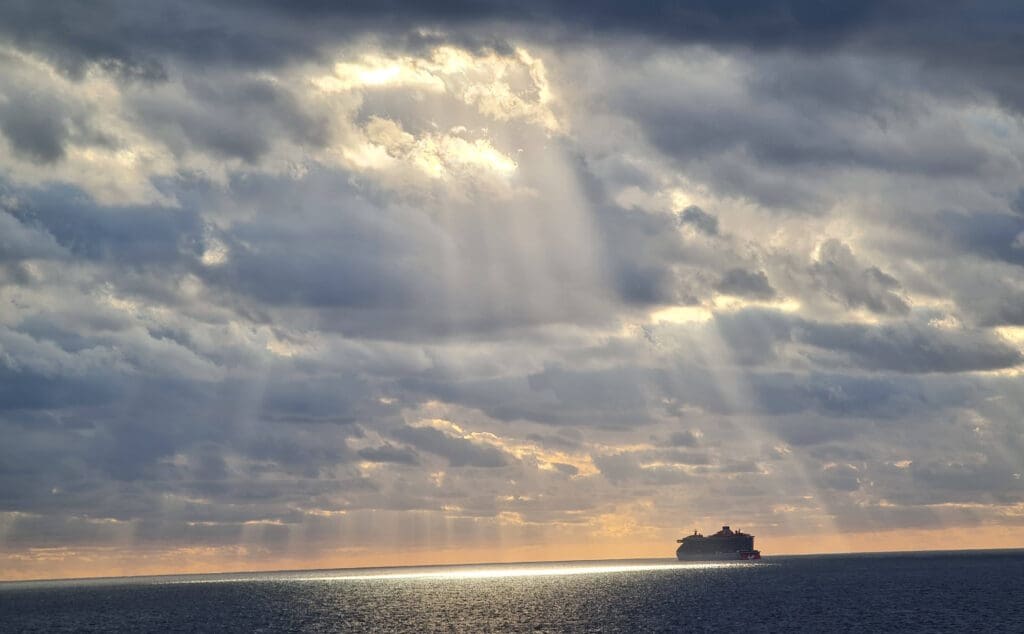Advertiser Disclosure: Eye of the Flyer, a division of Chatterbox Entertainment, Inc., is part of an affiliate sales network and and may earn compensation when a customer clicks on a link, when an application is approved, or when an account is opened. This relationship may impact how and where links appear on this site. This site does not include all financial companies or all available financial offers. Opinions, reviews, analyses & recommendations are the author’s alone, and have not been reviewed, endorsed, or approved by any of these entities. Some links on this page are affiliate or referral links. We may receive a commission or referral bonus for purchases or successful applications made during shopping sessions or signups initiated from clicking those links. The content on this page is accurate as of the posting date; however, some of the offers mentioned may have expired.
As you can imagine, people die everywhere, no matter the place, the time or the activity. Heck, people even die at Disneyworld (more often than we’d like to know!). Ships are no exception. However, there are a few things you may not know about what happens in these cases.
Believe it or not, on the ship, just like there is a Medical Center, there is also a morgue. A fun fact about it is that the person who takes care of the AC in your cabin is the same person in charge of the morgue working properly at all times (that would be the Chief Refrigeration Officer and their staff). After the Pandemic, cruise lines were required to have a morgue with a higher capacity than before, according to their total passenger capacity.

When a guest dies onboard, a whole lot of processes and procedures start to roll out immediately. If the person gets deadly sick or injured, you may hear a code “something” announcement. This announcement is different depending on the cruise line, and ALL crew members are required to be familiar with all of them. This code alerts different staff involved in guests’ welfare and deploys them to the place where help is needed. If a guest has a heart attack in their cabin, for example, thanks to this code announcement, staff involved will be there immediately.

The moment a guest is properly pronounced dead by the Medical staff, what’s next is a ton of paperwork and clearance requests. If it happened while the ship was sailing, the ship may have to stop in the nearest port, offload the body together with the relatives, and for that, the ship would need to request permission to dock in whatever country it finds itself.
If it happens while the ship is in port, it’s all slightly easier. Also, depending on the circumstances, for example, if there was any chance of foul play, police may have to be involved. This could severely delay departure or arrival times!
During a transatlantic ending in Venice, we had a guest die the day before our arrival from natural causes, but because we were arriving in Italy on the following day, the Italian authorities had a lot of demands in order to clear the ship, and even required the body to be taken off before anybody else was allowed to disembark. I remember we were supposed to start with debark at around 8:00am. By 10:00am we were still waiting for clearance, and guests were getting FURIOUS, as some of them would miss their flights because of this.

In other cases, we may be able to carry the body to another port, or the final one. Many years ago, two elderly ladies were traveling together, and one of them died the day before arriving in Iceland. Fortunately, her friend didn’t have to be in charge of her deceased friend’s body in such a foreign country, and the cruise line was able to get permission to let her, and her deceased friend, end the cruise in New York, where everything had been arranged for a smooth process. So, different situations will call for different actions. And cruise lines do a great job of providing guests with assistance when needed.

Another death-related situation onboard is when guests arrange for the scattering of ashes. This doesn’t happen very often, but it seems to offer relatives and loved ones a great deal of solace and closure. I had a family sail with me who brought their father’s ashes on board and scattered the ashes on the second sea day. The family had sailed with the father on the same ship in previous years, and had nothing but the best memories of their time on board. It was a most sensitive and memorable moment, and you could notice the difference in their demeanor before and after the event, they looked so much more at peace after such a personal sendoff.
Of course, arranging such an event requires a lot of paperwork. On the day of the scattering of the ashes, the staff member in charge of groups will escort the family and friends to the location, which is normally around the mooring deck (so, a crew-only area). The Environmental Officer will also be there to document everything on the legal side. The box where the ashes are contained is made of an environmentally-friendly material, and a rope helps the box open and let the ashes be properly scattered before it’s dropped in the ocean.
So, as you can see, cruise lines are readily prepared to deal with all kinds of situations, more so than many on-land locations! Hopefully, you’ll never have to deal with such an event, but if it does happen, know that the staff will be there for you. – ThatGuy
Advertiser Disclosure: Eye of the Flyer, a division of Chatterbox Entertainment, Inc., is part of an affiliate sales network and and may earn compensation when a customer clicks on a link, when an application is approved, or when an account is opened. This relationship may impact how and where links appear on this site. This site does not include all financial companies or all available financial offers. Opinions, reviews, analyses & recommendations are the author’s alone, and have not been reviewed, endorsed, or approved by any of these entities. Some links on this page are affiliate or referral links. We may receive a commission or referral bonus for purchases or successful applications made during shopping sessions or signups initiated from clicking those links.












We were on an Oceania Cruises trip in the Caribbean about a year ago. An elderly woman passed away (peacefully) while on a semi-submarine excursion in Roatan, Honduras. They discovered she had passed at the end of the excursion when she failed to get-off the vessel and attempts to wake her were unsuccessful. The local authorities kept her remains for air-transport back to the US. Her travelling companion continued on for the remainder of the cruise. Needless to say it was a subject of conversation on board given we only had 450 or so passengers on the sailing.
A friend was on a river cruise in Russia (remember when we used to be able to do those???) when one of their friends passed away on the vessel. His remains were stored on board and the trip continued with his widow comforted by her fellow passengers. At the end of the trip they flew home on the same plane. The cruise line helped with all of the necessary paperwork.
We were on an Oceania Cruises trip in the Caribbean about a year ago. An elderly woman passed away (peacefully) while on a semi-submarine excursion in Roatan, Honduras. They discovered she had passed at the end of the excursion when she failed to get-off the vessel and attempts to wake her were unsuccessful. The local authorities kept her remains for air-transport back to the US. Her travelling companion continued on for the remainder of the cruise. Needless to say it was a subject of conversation on board given we only had 450 or so passengers on the sailing.
A friend was on a river cruise in Russia (remember when we used to be able to do those???) when one of their friends passed away on the vessel. His remains were stored on board and the trip continued with his widow comforted by her fellow passengers. At the end of the trip they flew home on the same plane. The cruise line helped with all of the necessary paperwork.